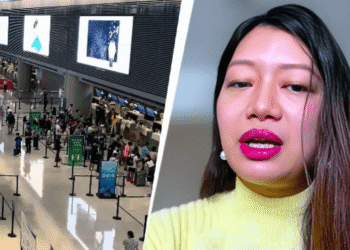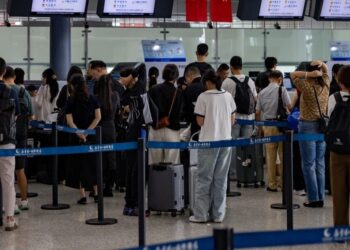
The number of Chinese citizens enrolling in the voluntary health insurance program for urban and rural residents dropped significantly in 2024, exacerbating pressures on an already strained healthcare system amid economic challenges and waning public trust, South China Morning Post (SCMP) reported.
According to the National Healthcare Security Administration (NHSA), 15.8 million fewer people joined the scheme last year compared to 2023, bringing the total coverage under China’s basic medical insurance (which also includes a separate program for urban workers) to 1.326 billion—down 7.27 million from the previous year.
Economic Strain and Eroding Confidence
The decline reflects growing financial burdens on households, particularly in rural areas, where rising premiums and stagnant incomes have deterred participation. “The trend of less interest continues because economic conditions haven’t improved—it’s a financial strain for rural families if the main breadwinner isn’t seeing higher earnings,” said Professor Xiong Wansheng, a rural development expert at East China University of Science and Technology.
In 2024, participants paid 400 yuan ($56) annually, with the government contributing an additional 670 yuan, totaling 1,070 yuan per person. This marked a 5% increase from the previous year’s contribution.
Trust Issues and Rising Costs
Another key factor behind the drop is diminishing public confidence in the healthcare system. “People are losing trust because premiums keep rising, but medical costs remain high, and the scheme doesn’t seem to provide enough support,” Xiong explained.
Despite the decline, the NHSA emphasized that over 95% of China’s population remains covered by basic medical insurance, though it did not specify whether this percentage changed from the prior year.
Challenges Ahead
The shrinking participation poses a challenge for China’s healthcare system, which already faces pressures from an aging population and a shrinking workforce. Without addressing affordability and trust issues, further erosion in enrollment could strain the system further.






